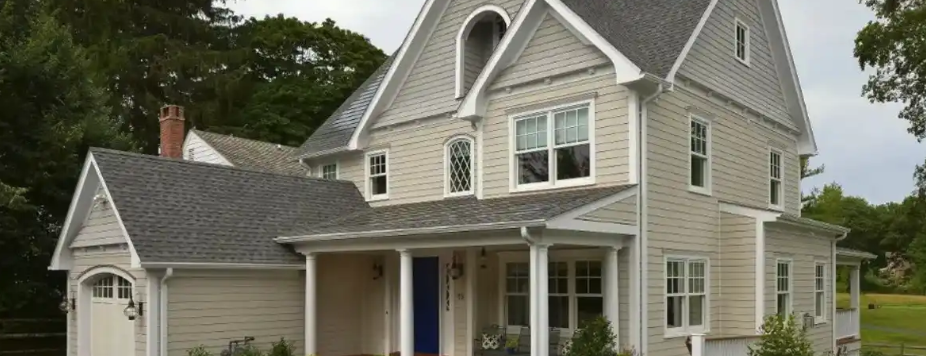
Insulated Concrete Forms (ICF) Vs. Wood-Frame Construction
Insulated concrete forms (ICF) create a more energy-efficient, quiet, and healthy building than one built with wood-frame construction. ICF buildings are also more resistant to disaster, fire, insect, and moisture intrusion than wood-frame structures.

Florida ICF Homes are Energy-Efficient, Storm-Proof, and Durable

Increasing Energy-Efficiency in Schools with ICF Construction

7 Problems with Wood Frame Construction
Seven specific problems with wood frame construction include fire- and wind-resistance, durability, low thermal mass, shrinkage, and compromised acoustics and indoor air quality (IAQ).

How Much Does It Cost to Pour a Foundation?
Building a strong and reliable foundation is a significant step in the construction of any home or building. The cost of this process varies depending on foundation type, material, and labor requirements.

Different Ways to Build a House: 7 Best Options for New Construction

6 Home Building Trends for 2020 Home Buyers
Homebuilding trends largely reflect the demands of the Millennials — the largest home-buying group entering the housing market as first time home buyers.

What is the Optimal Foundation Wall Thickness?
A concrete foundation wall’s thickness plays an integral role in its long-term strength and durability. Local building codes mandate the foundation specifications, addressing conditions that affect the foundation thickness.

Top 22 ICF Commercial Construction FAQs
Commercial ICF construction has strict standards, codes, budgets and timelines to follow, and making sure you implement ICFs accurately and efficiently is important. We compiled a list of the top ICF FAQs we get to help you feel confident in your decision to choose Insulated Concrete Forms for your next project.

The Benefits of Fox Blocks ICF Over Batt Insulation